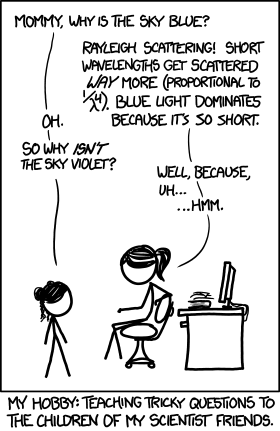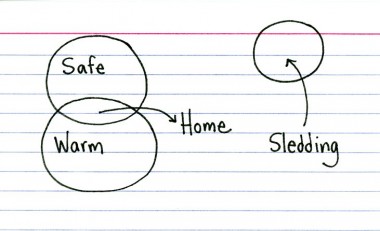So that went well. Or not. I'm still having a hard time with blogger not having a draft option in the API. Makes it close to useless in 2013 with apps and push and IFTTT ruling the flow of ideas and content.
Ranting done, the post I was planning on writing is a short spin of this note:
Ranting done, the post I was planning on writing is a short spin of this note:
"Open DataExecutive Order signed by President Obama. Along with the order is an accompanying Open Data Policy released by the Office of Management and Budget and Office of Science and Technology Policy"[via Pocket, U.S. Government Data To Be Made Freely Available]
Working with data both for analysis and viz, must say that this is great news. Others have gone into the details, and compared it to the British version.
My main "yay" is the focus on tools, including simple wrappers for making just about any database into a functional (REST based) data source and API. Oh. And did I mention they are open source?
Pushing the legacy forward, I think (and hope) this will be remembered as one of the great Obama moments. Understanding promotes stability and peace, and understanding starts with access.
So, here's to hoping for a good summer for open data, followed by inspired announcements in more countries as fall sets in.
My main "yay" is the focus on tools, including simple wrappers for making just about any database into a functional (REST based) data source and API. Oh. And did I mention they are open source?
Pushing the legacy forward, I think (and hope) this will be remembered as one of the great Obama moments. Understanding promotes stability and peace, and understanding starts with access.
So, here's to hoping for a good summer for open data, followed by inspired announcements in more countries as fall sets in.







.jpg)